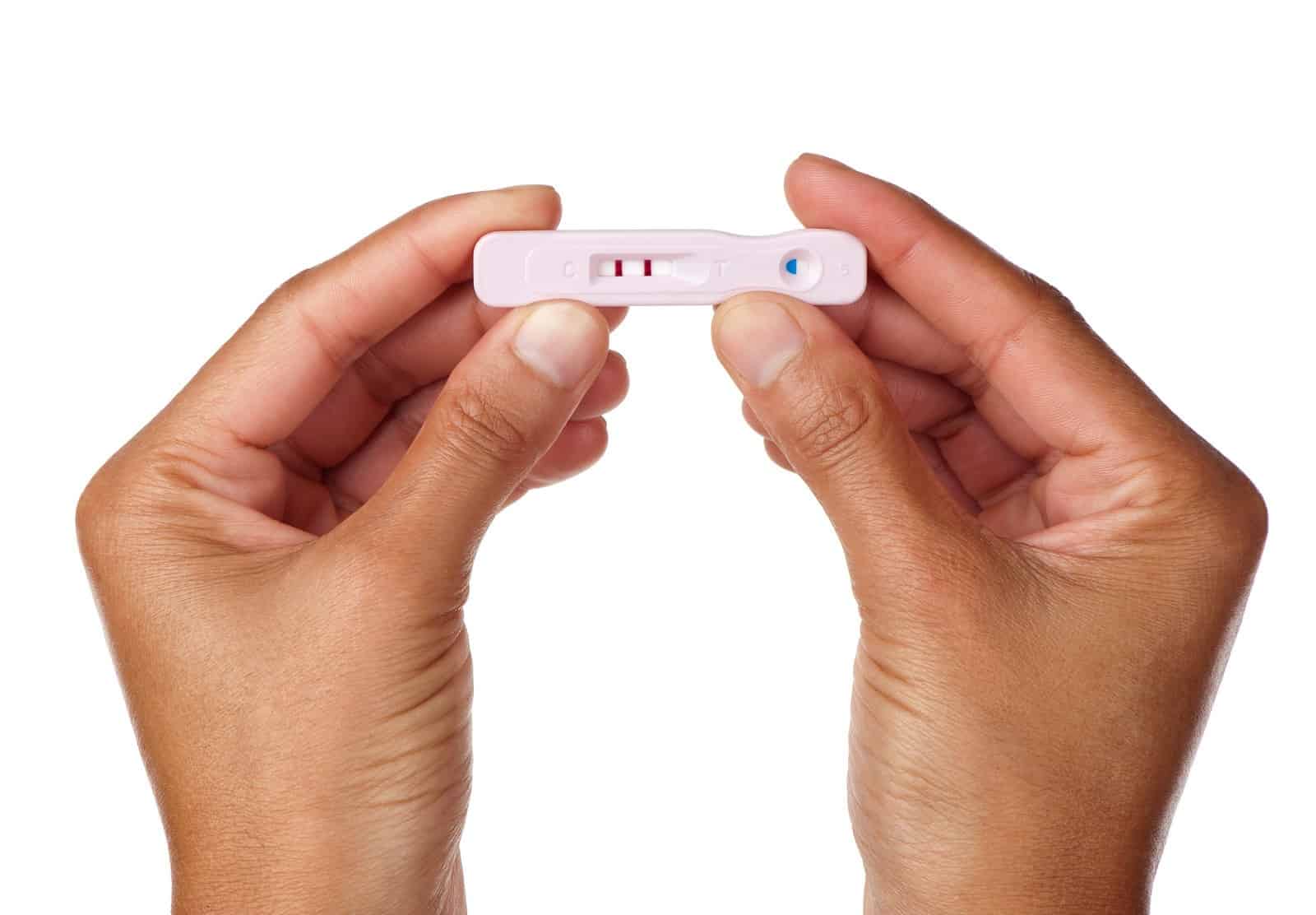
06 Jan 2017 Missouri Rules Frozen Embryos Can’t Be Used Without Consent
One of the most provocative issues in reproductive law is the legal status of frozen embryos—how they are disposed of, who has the right to determine how they will used, and do they have legal rights as persons under the law?
Recently we wrote about the ongoing efforts of actress Sofia Vergara’s ex-fiancée, Nick Loeb, to gain custody of frozen embryos created by the couple via IVF during their relationship. Even though the couple separated, and Vergara has since married, Loeb sued in a California court to force Vergara to allow the embryos to be born via a surrogate. When it appeared Loeb was about to lose the case, he suddenly dropped it. Just a day later, a lawsuit against Vergara was mysteriously filed in Louisiana, with the two embryos and the trustee of a trust established for their support as plaintiffs. Louisiana happens to be the only state in the nation with a law, not yet tested, that gives unborn embryos status as a “juridical person.” The Louisiana law “grants embryos the explicit right to sue and be sued, prohibits their ownership or destruction, and requires any dispute to their futures be resolved in their ‘best interests.’”
In November a Missouri appeals court sided with a lower court decision in declaring a couple’s frozen embryos to be “marital property of a special character” that cannot be gestated without the written consent of both parties. This narrow 2-1 decision took place in a state that also has a law stating that life begins at conception, and that the “rights, privileges and immunities” of “unborn children at every stage” are subject to the U.S. Constitution.
In this Missouri case, a couple started the process of IVF while the husband was in the military, after having preserved his sperm before deploying to Iraq. The couple produced four embryos via IVF and had two children via assisted reproductive technology. When the couple later divorced, the wife sought custody of the two remaining frozen embryos for the purpose of having additional children. The lower court ruled, later upheld on appeal, that it would violate the constitutional rights of the husband to be forced to procreate against his will. But remember, according to the letter of Missouri law, the husband has already procreated, as the frozen embryos are said to be human life at the point of conception.
The Missouri courts upheld the husband’s constitutional right not to be forced to become a parent. But the dissenting judge argued strongly that in fact the husband had already decided to become a parent when he allowed the embryos to be created.
“He has already exercised his reproductive rights under the Constitution and Supreme Court precedent,” wrote dissenting judge James M. Dowd. “The majority maintains that [Gadberry] [the husband] somehow still has such a right—a right to change his mind after creating the embryos—but he does not. It is too late for him. He chose to create these two embryos, and they are human lives under Missouri law.”
In other cases, Missouri courts have ruled that unborn embryos are persons under the Missouri statute for the purposes of wrongful death claims, manslaughter and first degree murder charges. The narrow margin in the frozen embryo custody case gives a chilling glimpse of what the Missouri statute’s personhood language could bode for future cases in which the disposition of frozen embryos is in dispute. We know that with the growing use of assisted reproductive technology, it’s only a matter of time before the question arises again.

















